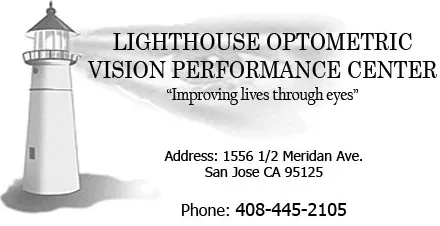
For those who suffer from allergies, exposure to pets, pollen, or dust mites can quickly lead to red, itchy, watery eyes. Although seasonal allergies are notorious for causing eye symptoms, year-round exposure to allergens can be just as problematic. If you develop itchy, red, irritated, puffy, or watery eyes, make an appointment to see your optometrist for diagnosis and treatment recommendations.
What Causes Eye Allergies?
All allergies are caused by an overreaction of the immune system to non-threatening substances. This could be pollen, pet dander, mold spores, feathers, dust mites, perfumes, smoke, or air pollutants. When the mucous membrane covering your eyes comes into contact with one of these allergens, your immune system releases histamine and triggers a response. This causes eyes to become watery, pink or red, itchy, and puffy. You may also experience nasal allergy symptoms.
The First Step: Controlling Allergen Exposure
If you know what triggers your eye allergies, the most important preventative step to take is to limit your exposure. This may mean limiting your time spent outdoors, avoiding homes with pets, switching bed linens to remove feathers or dust mites, or having your home checked for mold. For individuals with seasonal allergies, mid-morning and early evening typically bring the highest pollen counts, so it is smart to stay indoors during those times. Also try to avoid windy days, which can blow pollens and trigger eye allergy symptoms.
Other Tips to Manage Eye Allergy Relief
Many people who suffer from allergies reach for over-the-counter antihistamine medications to manage their symptoms. Although antihistamines often reduce nasal symptoms, the American Optometric Association warns that they can actually increase irritation associated with red, itchy eyes. Antihistamines decrease tear quality and quantity, preventing your body from providing natural eye relief. Instead, ask your eye doctor about prescription medications or eye drops that may be right for you.
Another important step for managing eye allergies is to avoid touching or rubbing your eyes, which can exacerbate symptoms. Cleanse your hands frequently with soap and water, and wash your bed linens and pillow cases in hot water to destroy common allergens.
For contact lens wearers, allergies can be particularly challenging. Wearing contacts may become particularly uncomfortable when you have itchy, irritated eyes. Whenever possible, forego contacts and wear prescription glasses instead. If that is not an option, make sure you replace your contact lenses frequently, and talk to your optometrist about eye drops or single-use lenses.
Sources:
American College of Allergy, Asthma, and Immunology (2012). Eye allergy treatment.
American Optometric Association (2011). Set your sights on spring allergy relief.
